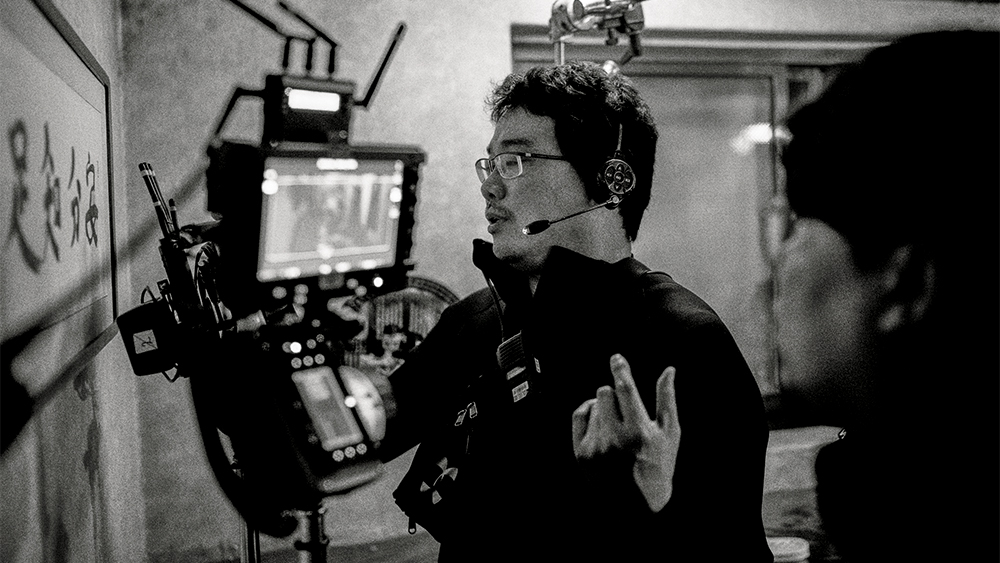South Korea’s ‘Parasite’ Crashes the Subtitles Barrier
By Thelma Adams
LOS ANGELES (Variety.com) – Change sounds like this: South Korean director Bong Joon Ho accepted his foreign film award for “Parasite” at the Golden Globes, saying: “Once you overcome the 1-inch-tall barrier of subtitles, you will be introduced to so many more amazing films.”
Bong’s statement echoes Alfonso Cuarón’s comments last year when he took the foreign-language Oscar for “Roma”: “I grew up watching foreign-language films and learning so much from them — films like ‘Citizen Kane,’ ‘Jaws,’ ‘Rashomon,’ ‘The Godfather’ and ‘Breathless.’ ”
With “,” which has had the expansive theatrical run denied to Netflix’s “Roma,” subtitles haven’t stalled box office. 2019’s highest-grossing foreign-language film broke records with a $393,000 opening weekend at three theaters. It bested the per-screen average record last set by “La La Land,” and claimed the biggest-ever opening for an international film in the U.S.
All told, it has accumulated a $25 million domestic gross. Internationally, it crossed the $100 million mark, grossing $137 million. That includes strong showings in France, Germany, Italy, Mexico, Japan, Vietnam and $73 million in Bong’s native South Korea.
Influential accolades have supported the movie’s powerful word of mouth. It began with the Palme D’Or at the Cannes Film Festival. According to IMDb, “Parasite” has scored 157 wins and 163 nominations. In addition to the Globes win, it has received six Oscar nominations for best picture, director, original screenplay and production design (see story, p23). Additionally, the international film nomination is the first recognition for South Korea in the awards’ 91-year history.
“Parasite” made history as the first foreign-language film to win the coveted top SAG prize, for performance by a cast in a motion picture. It grabbed an ACE Eddie for feature drama. The DGA, the WGA, the PGA and the Art Directors Guild have all nominated “Parasite” for outstanding achievements in their respective areas. Critics from coast to coast have recognized the film’s power, exemplified by its recognition for foreign-language film at the New York Film Critics Circle and best film and screenplay at the National Society of Film Critics.
Does this recognition signify that the “1-inch tall barrier” of subtitles has finally gone the way of the Berlin Wall, ushering in an era that reflects Bong’s inclusive statement “one language — one cinema”?
Not quite.
“We’re so out of the loop,” says Rajendra Roy, MoMA’s chief curator. “There’s still a vestigial feeling that cinema not in the English language is exotic, that it’s art for connoisseurs or cinephiles. We hold this opinion at our own peril.”
The notion of a universal story, which the Academy loves to elevate, is that it can emanate from any country.
“The perfect thing about ‘Parasite’ is that it takes the crisis of late-stage capitalism, which is a global phenomenon, and puts it in a microcosm of Korean society that amplifies the terrible consequences to thrilling and horrifying effects,” Roy says.
This is a story that could have been told in any number of advanced countries.
“The real question for the next generation is, when ‘Parasite’ is released digitally will watching subtitles on screens of varying sizes be prohibitive? Millennials and Gen Z’s love this movie, so they’ll tell friends to watch it. Will this new generation be converted to watching subtitles?”
That breakthrough may have already arrived. With the advent of the internet and streaming, global content has permeated screens, large and small, unfiltered by domestic gatekeepers. Younger consumers raised on anime, Asian martial-arts movies and computer games that routinely incorporate subtitles, may actually be more open to smash Bong’s “1-inch-tall-barrier” than previous generations.

